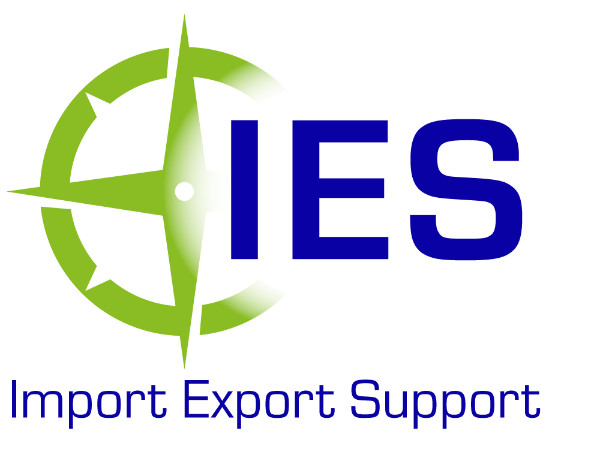As the Brexit bout continues, how can businesses box clever?
As the exit deadline gets closer and the EU & UK heavy weights slug it out in the Brexit negotiations, it is obvious that both sides are trying to land some knock out blows on the opposition.
However, this shouldn’t distract us from keeping our businesses on track.
The key barrier remains the lack of an agreement on the Irish border, with the EU proposing that if no agreement can be reached, Ireland must remain in the Customs Union after March 29th 2019. This solution is unpalatable for the UK and unwanted by all interested parties. The impasse means that, under the premise that ‘nothing is agreed until everything is agreed’, the two most likely results will be either hard Brexit or that we will move to a ‘unique agreement’ with a two year transition period.
I still maintain that UK business should continue to focus on it’s objectives rather than spending excessive amounts of money on advisors and complex modelling of trade under every possible scenario. Instead, I strongly recommend that businesses consider and understand the implications of the two main scenarios, the key impacts of which, from a trade perspective include the following:
1. Hard Brexit
Independent trade policy: The UK is free to negotiate its own agreements with the EU & the rest of the world.
Customs entries will be required for goods moving in and out of the UK – Increased admin and charges with fiscal and shipping information required prior to the goods transiting the border and the upfront cost of a customs entry payment of VAT and Duty.
The number of transactions is anticipated to be in excess of 5 for every single entry currently submitted.
Tariffs: Most Favoured Nation (MFN) applied to goods imported or exported to and from the rest of the world i.e. meaning:
•the loss of preferential duty rates with countries like South Korea, Norway etc
•duties applied to goods bought and sold to the EU – currently these are duty & VAT exempt
Delays at the border as the volume of border checks will increase
2. The UK’s proposed Unique Agreement – ‘cherry picking’
Independent trade policy: The UK is free to negotiate its own agreements with the EU & the rest of the world
Customs Entries Duties and VAT will be payable on trade with the rest of the world – It is proposed that the amount paid will be based on the end destination of the goods. The UK will have its own tariff and may agree more favourable duty rates than the EU for some goods. The proposal states that goods destined for EU will have to apply the EU rate and drawback any overpayment. An admin nightmare especially for the import of bulk goods.
Tariffs: given the above is applied, goods can move freely across the borders without any additional payments of VAT and duty
What you can do to prepare for the above
Impact analysis
1. Collate information on intra-EU movements – number of shipments, value of shipments and classification of the goods.
2. Profile this against the possible loss of preferential duty rates currently enjoyed and assess the impact of MFN rates on EU goods
Stakeholder engagement
3. Talk to your forwarders and agents to establish whether they can cope with the increased volumes of customs entries
4. Discuss or negotiate a new pricing structure to minimise the margin impact
5. Look at updating or implementing data exchanges of the key data elements required to speed up the process and increase the accuracy of the declarations
6. Engage with all your supply chain stakeholders to ensure that they are all on-board with changes and look at things like Inco-terms and payment terms to de-risk and minimise the impact on the safe arrival of your goods
Customs simplifications & authorisations
7. Consider applying for customs simplifications and do it NOW before the rush. This would include things like deferment accounts with simplified import VAT accounting, customs guarantee and even if you don’t put in the application, try and meet the AEO criteria as it will is a great benchmark for your international processes.
We can help..
Photo by Mark Adriane


